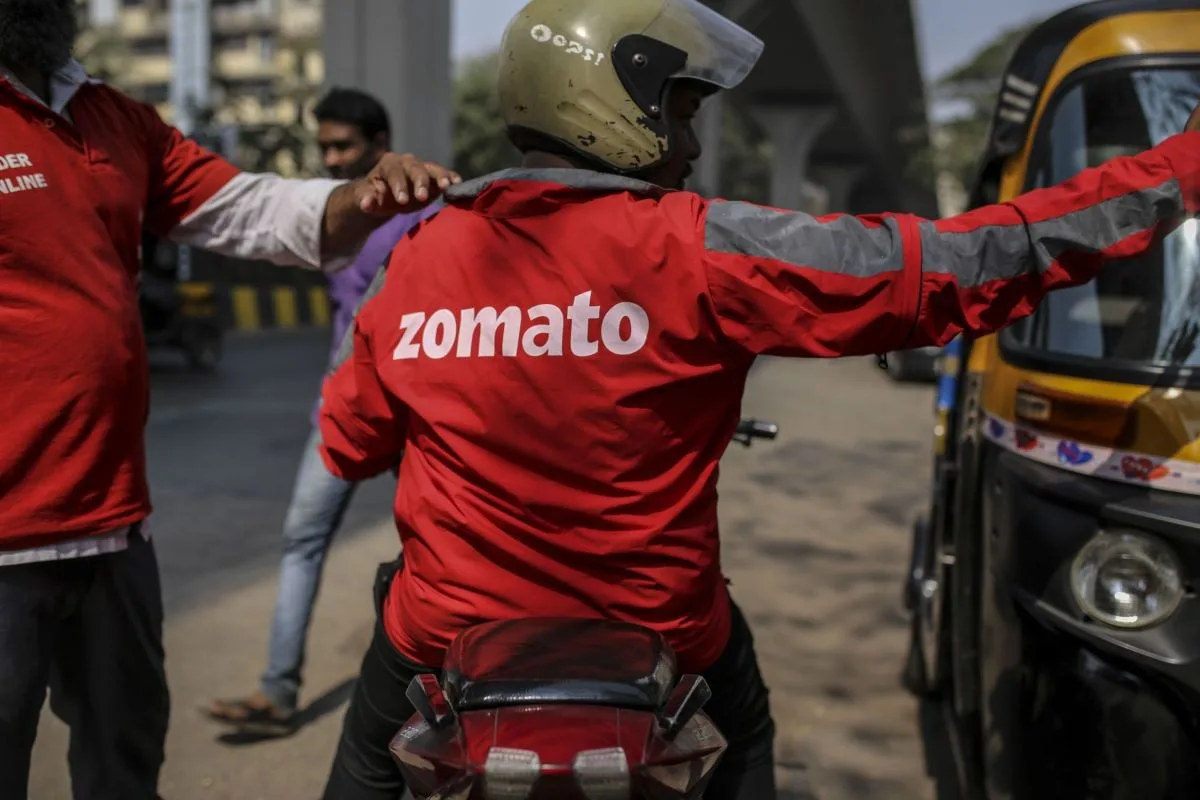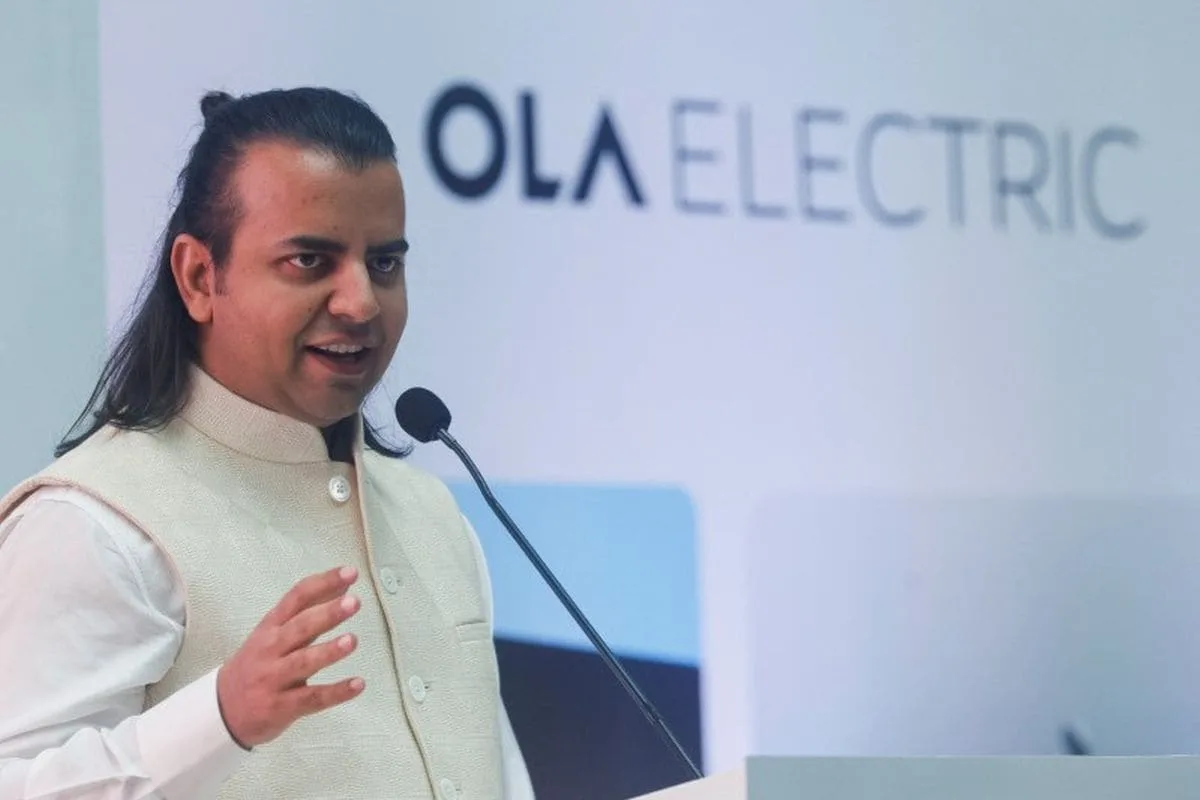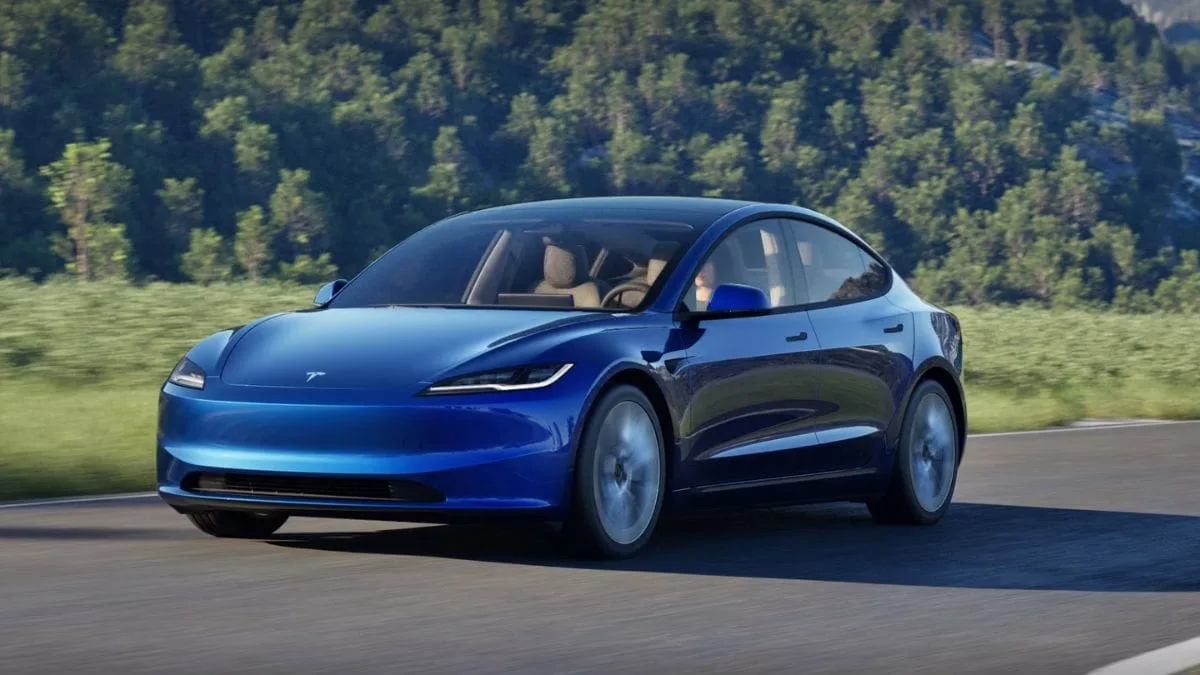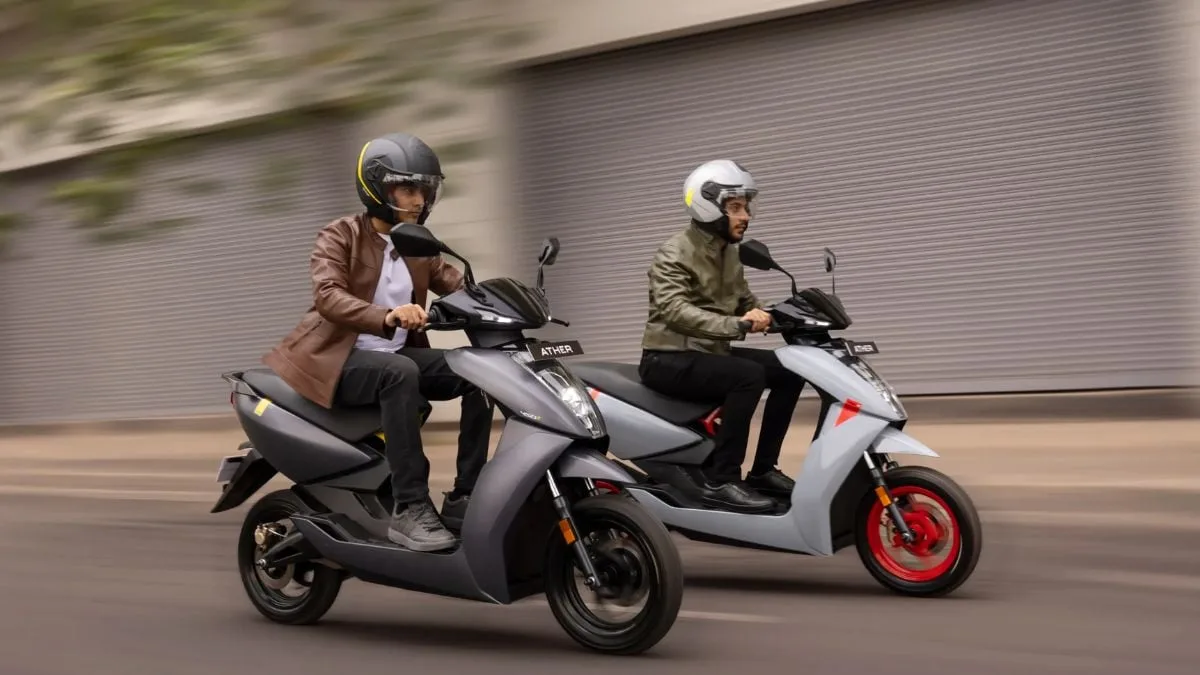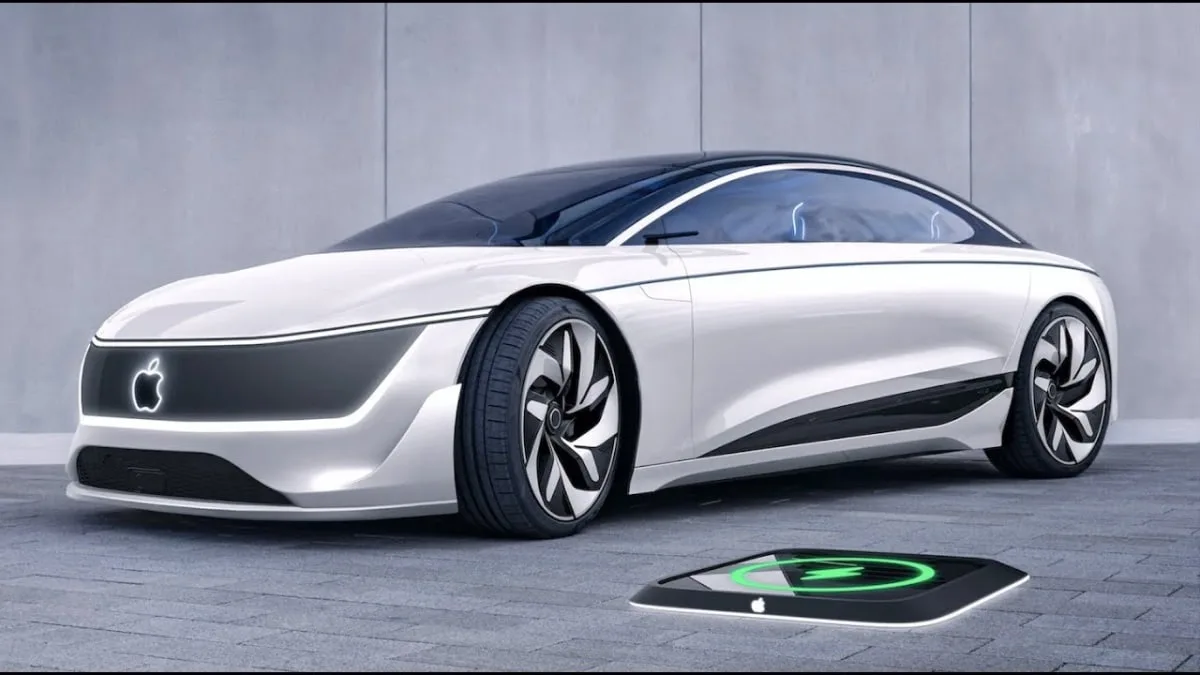India’s southern state of Tamil Nadu will offer a subsidy of Rs. 20,000 to select gig workers to buy e-scooters, a minister said on Friday, as more young people sign up with online platforms to deliver food and groceries. Gig workers, or those outside traditional employer-employee relationships, are set to play a key role in […]
